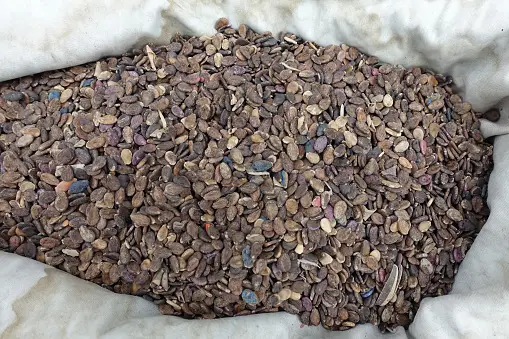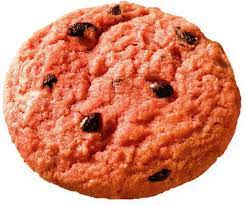Watermelon is a refreshing and delicious fruit that is enjoyed by many during the summer season. The fruit is known for its sweet and juicy flesh, but what about the seeds? Can they be eaten too? The answer is yes, watermelon seeds can be eaten, but there are a few things to keep in mind.

Watermelon seeds are a good source of protein, healthy fats, and minerals such as magnesium and zinc. They can be eaten raw or roasted as a snack, or used in recipes such as salads, smoothies, and baked goods. However, it is essential to note that the hard outer shell of the seed can be difficult to digest, so it is recommended to chew them thoroughly or grind them up before consuming. Additionally, some people may be allergic to watermelon seeds, so it is important to be aware of any potential allergic reactions.

Health Implications
Watermelon seeds are generally safe to eat and are actually quite nutritious. They are a good source of protein, healthy fats, and minerals such as magnesium, potassium, and zinc. In fact, some people even roast watermelon seeds as a snack.

However, it’s important to note that consuming large amounts of watermelon seeds can have health implications. Watermelon seeds contain cucurbocitrin, which can cause mild gastrointestinal distress if consumed in excess. Additionally, some people may be allergic to watermelon seeds, which can cause more severe symptoms such as difficulty breathing and anaphylaxis.
Effect on Digestive Process
When it comes to digesting watermelon seeds, they are generally well-tolerated by most people. The outer layer of the seed is tough and indigestible, but the inner part of the seed is soft and can be easily digested.
However, if you are concerned about the digestibility of watermelon seeds, you can always remove them before eating the fruit. so watermelon seeds are generally safe to eat and can provide some nutritional benefits. However, it’s important to consume them in moderation and be aware of any potential allergies or gastrointestinal issues.
Nutritional Value of Watermelon Seeds
Watermelon seeds are often discarded while enjoying the juicy fruit, but they are actually a good source of nutrients. Here are some of the key nutrients found in watermelon seeds:
Protein: Watermelon seeds are a good source of protein, with around 1 gram of protein per 1-ounce serving.
Fat: Watermelon seeds are high in fat, but most of the fat is unsaturated, which is considered to be a healthier type of fat.
Minerals: Watermelon seeds are a good source of magnesium, potassium, and zinc minerals.
Vitamins: Watermelon seeds contain various vitamins, including vitamin B6, folate, and niacin.
Fiber: Watermelon seeds are a good source of dietary fiber, which can help promote digestive health.
It is important to note that the nutritional content of watermelon seeds can vary depending on factors such as the variety of watermelon and how the seeds are prepared. For example, roasted watermelon seeds may have a slightly different nutritional profile than raw watermelon seeds.
Overall, watermelon seeds can be a nutritious addition to a balanced diet, but they should be consumed in moderation as part of an overall healthy eating plan

